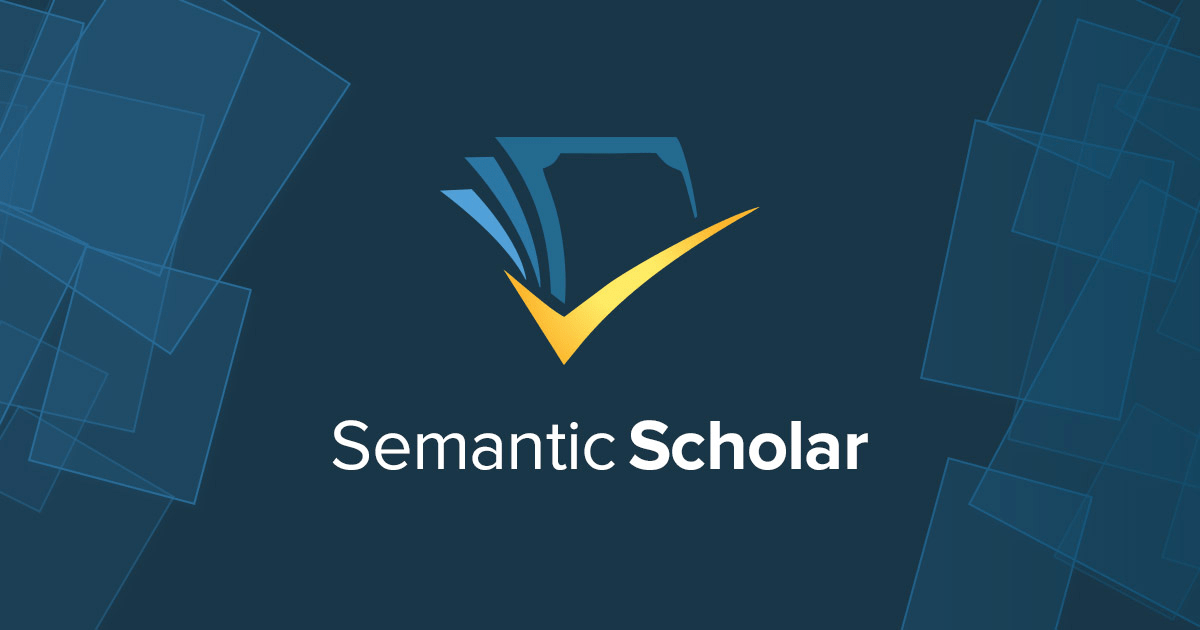In the fast-paced world of scientific research, staying abreast of the latest developments can be an arduous task. With an explosion of academic papers published daily, navigating through this ocean of information can easily become overwhelming. Enter Semantic Scholar, an AI-powered search engine developed by the Allen Institute for Artificial Intelligence (AI2) that simplifies this complex task, making it easier for researchers to find the information they need.
A Leap Forward in Literature Search
Traditional search engines like Google Scholar and PubMed have served the academic community well, but they often lack the sophistication needed for digging deeper into the intricate details of scholarly articles. Semantic Scholar uses cutting-edge natural language processing (NLP) to analyze the full text of scientific papers dynamically. This allows it to identify crucial elements such as:
- Citation frequency
- Relevant keywords and phrases
- Experimental methods and materials
- Species or models tested
- Interactions with other studies through references
By carefully parsing through vast amounts of literature, Semantic Scholar helps researchers uncover previously hidden insights, transforming the daunting task of literature review into a more manageable endeavor.
Benefits of Semantic Scholar
The advantages of adopting Semantic Scholar are manifold:
- Speed and Relevance: Results are served in real-time, offering relevant papers sorted by importance instead of mere keyword matches.
- Contextual Understanding: The engine discerns whether a paper is citing its own research or referencing others, enabling it to extract important contextual details.
- Visual Insights: Semantic Scholar aims to include figures and illustrations whenever possible, allowing researchers to quickly grasp findings without wading through pages of text.
- Social Connectivity: Ties to platforms like Twitter enable users to engage with authors and participate in ongoing discussions.
Expanding Horizons: From Computer Science to Biomedical Research
Initially focused on computer science, Semantic Scholar is now set to revolutionize the field of biomedical research, beginning with neuroscience. With plans to integrate the entire PubMed biomedical library, it is poised to become an indispensable tool for life scientists. This evolution underscores AI2’s commitment to applying AI for the greater good, aligning perfectly with Paul Allen’s vision of making medical advancements more accessible.
The Future: A Hypothesis Engine?
Semantic Scholar is not stopping at being just a robust search engine; its long-term ambition is to evolve into a “hypothesis engine.” While it’s not expected to substitute the crucial human element of research, it may provide researchers with innovative suggestions, drawing on vast databases to recommend unexplored avenues for study. For instance, it may propose testing successful methods from one region of the brain in another, igniting new inquiries in neuroscience.
This illustrates the potential of AI technologies in reshaping research methodologies, ultimately accelerating the discovery process and ushering in groundbreaking innovations.
Conclusion: Embracing Change in the Academic Landscape
Semantic Scholar represents a significant leap toward modernizing the way researchers access and interact with scientific literature. By leveraging artificial intelligence, Semantic Scholar not only enhances research efficiency but also helps to reduce barriers that have traditionally hindered academic progress. As the engine continues to develop and expand its capabilities, it has the potential to revolutionize not only how we conduct literature reviews but also how new scientific hypotheses are generated.
At fxis.ai, we believe that such advancements are crucial for the future of AI, as they enable more comprehensive and effective solutions. Our team is continually exploring new methodologies to push the envelope in artificial intelligence, ensuring that our clients benefit from the latest technological innovations.
For more insights, updates, or to collaborate on AI development projects, stay connected with fxis.ai.

